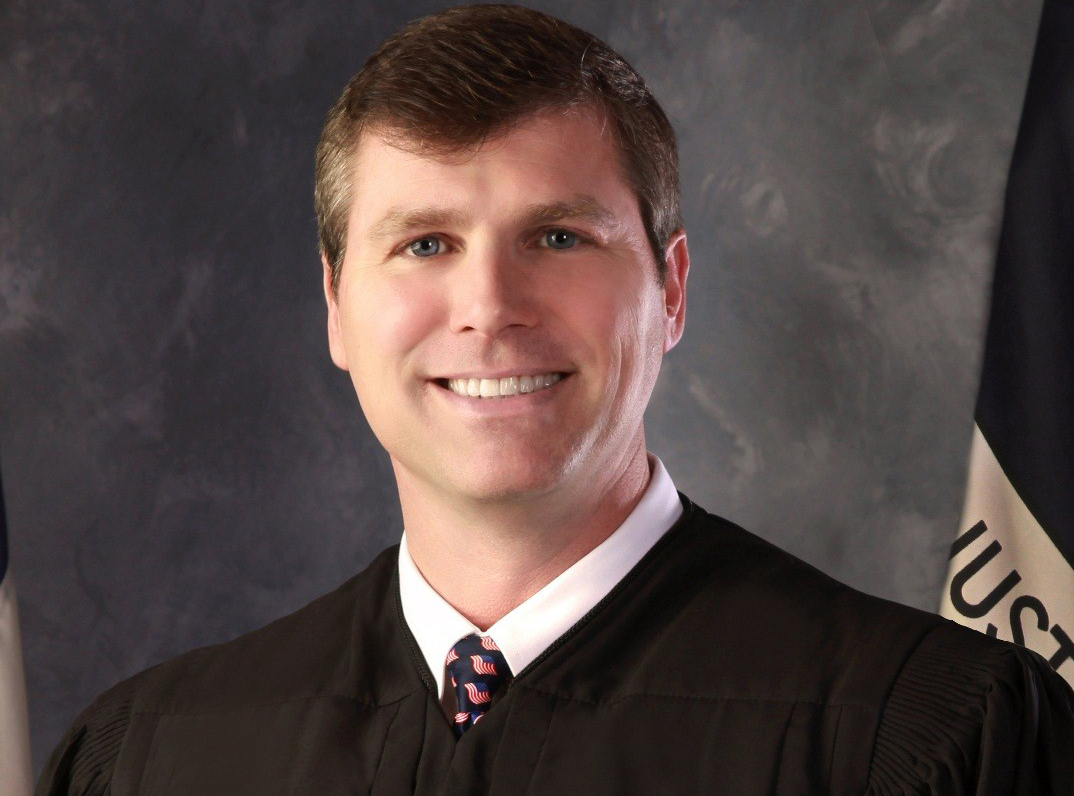412
Minden City Court will soon be offering juveniles another avenue to help them turn their lives around.
Judge Sherb Sentell says CC-READY – City Court Resiliency, Elevation, Ambition and Direction for Youth – will offer juveniles who have come
Court program aims to help troubled youth
previous post




